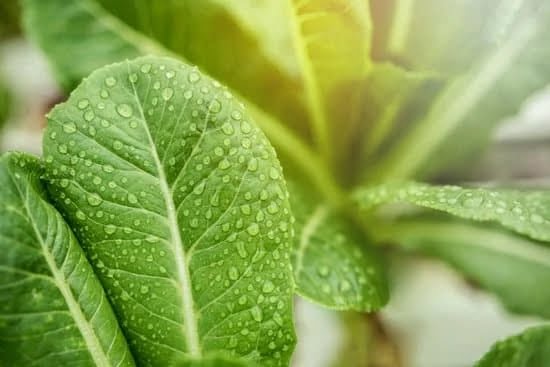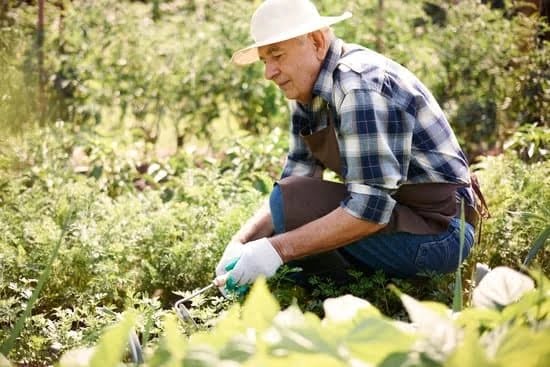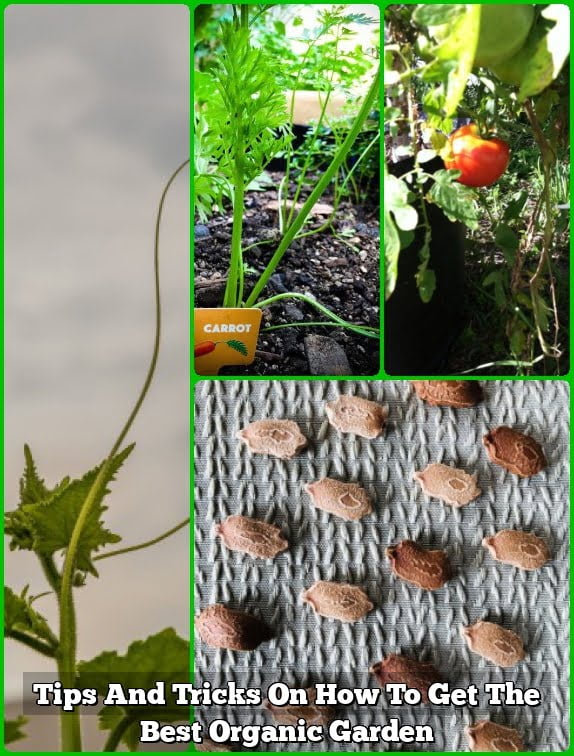Growing your own organic garden can be a great way to get some clean, healthy produce into your house, while also providing yourself with a relaxing, stress-relieving hobby. If this sounds great, but you aren’t sure where to start, don’t worry. Read on to find out how to make your own home garden!
Be sure that you have earthworms in your soil. Earthworms are vital to good organic gardening, because they aerate the soil. Also, the by-products of earthworm digestion are actually great plant food. Earthworms encourage soil bacteria that provide needed nutrients to your plants while competing with harmful insect pests, reducing the need for chemical pesticides and fertilizers.
Protect your seeds from fungus with natural products. You can use milled sphagnum moss to protect all your plants. If your seeds need light to grow, sprinkle the moss first and then place your seeds. This solution is much better than any chemicals you can find in a store and will protect your seeds efficiently.
A great way to assure a successful organic garden year after year is to keep a gardening journal. You simply need to jot down what vegetables do well and those that don’t, as well as certain pests or other issues that your garden runs into. By doing this, you’ll know what to change or keep the same the following year, resulting in a gorgeous organic garden.
Plant ornamental, edible plants as part of your regular yard landscaping. Good plants to start with include rosemary, thyme varieties, sages, oregano and basil. These all look great mixed with perennials, and they will supply you with enough that you won’t need to purchase them anymore – herbs are expensive at the supermarket.
Make liquid fertilizer from your compost. By adding a little bit of water to the biological decay, you can harvest the nutrient rich concoction and spread it on your plants in an efficient way. By fermenting the compost with about an equal amount of water can give you a great form of liquid fertilizer that will help promote growth without negative side effects or toxic run-off.
Planting a living hedge around your property has many benefits. Hedges provide a softer barrier to mark the perimeter of your property and are less forbidding than a structured wall. A living hedge will provide privacy but still discourage trespassing by animals or people. If you have a hedge that blooms, it can be a lovely backdrop in addition to your landscape.
The space you leave in between your plants is an important measurement when it comes to gardening. Many people don’t realize exactly how much space a plant needs when it grows. Space is necessary not only for physical growth but also to help keep air circulation flowing within your garden. Plan your organic garden while keeping this in mind, and space your seeds accordingly, when planting.
If you aren’t ready to devote your time and energy to a full organic garden or just don’t have the space for one, use a container instead. Look for plants that are small and well suited for containers. Whiskey barrels are great for container gardens because they have plenty of room for roots to grow and can be used for multiple varieties of plants.
An important tip for organic gardening that will naturally help prevent disease from appearing in your plants is to move your plants to different spots of your garden each year. This will keep any disease from spreading because the soil doesn’t build up harmful organisms from planting in the same spot each year.
Here is a tip for organic gardening! Use a rain gauge. Most plants require about an inch of water per week. To know how much you need to water, it is important to know how much water the plants received from rain. As rainfall can vary greatly within a city, don’t depend on your weather report; instead use a rain gauge to determine the amount that fell at your location.
When planting your organic garden, wear a carpenter’s tool belt around your waist and fill all the pockets with your gardening gloves and tools. Not only will this keep your tools organized and handy for use, it will also minimize trips back and forth to your shed to retrieve tools you have forgotten to carry with you.
Encourage earthworms in your soil. Earthworms make for healthy soil by eating the soil and thereby aerating it in the process. They also leave behind their castings, or vermicast, which is a great organic nutrient-rich fertilizer. The vermicast also retains water and nutrients better than soil without worms.
While caring for your organic garden involves many big, day-long tasks, it also calls for smaller jobs that need to be performed more frequently. Keep a good handle on the minor needs of your garden so that you can make good use of brief periods of free time. When you have a few minutes to spare, why not use them weeding, pruning or performing other garden maintenance tasks?
One way to improve the output of your organic garden is to prune the non-fruiting branches of your plants. Once the growing season is well underway and you can see where your fruits and vegetables are growing, eliminate stems and branches that are not carrying any fruit. This helps your plants focus their efforts on the fruit-bearing branches.
A rich, organic compost can greatly enhance the quality of your garden and potting soil by introducing beneficial new elements and organisms into the environment. These helpful guests include bacteria, soil-enriching earthworms, and a variety of insects that can consume and devour more harmful organisms that have invaded the soil.
Make sure that your soil is not deficient in minerals. Ideally, your soil should have a blend of fourteen basic mineral elements that come from the rocks in your region. When one of these minerals is missing, your plant growth will be adversely affected. When you see a deficiency, add organic mineral amendments to your soil.
Start your home organic garden today, and soon you’ll have plenty of delicious fresh produce, and the satisfaction of knowing that it came from plants you grew with your own hands. Don’t hesitate, use the information you’ve learned now to start building your own organic garden in your home!

If you’re looking to get into vegetable gardening, or are just looking for some tips on how to make your current garden better, then you’ve come to the right place! My name is Ethel and I have been gardening for years. In this blog, I’m going to share with you some of my best tips on how to create a successful vegetable garden.





